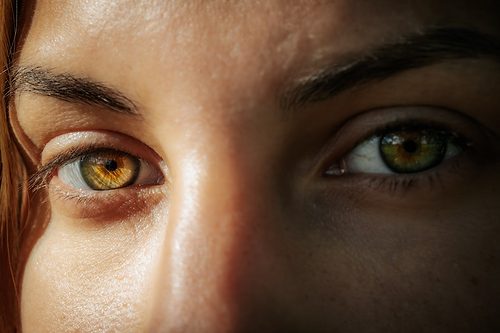Articles Tagged with ''bipolar_disorder''
Antidepressants: Little Long-Term Benefit for Bipolar Disorder
Section editor, Glen Spielmans, PhD
Read More
Seroquel For Bipolar Depression: The BOLDest and Best?
Section editor, Glen Spielmans, PhD
Read More
Antidepressants May Not Induce Mania in Bipolar Disorder
Section editor, Glen Spielmans, PhD
Read More
Lamictal May Have Small Benefit for Bipolar Depression
Section editor, Glen Spielmans, PhD
Read More

_-The-Breakthrough-Antipsychotic-That-Could-Change-Everything.jpg?1729528747)



